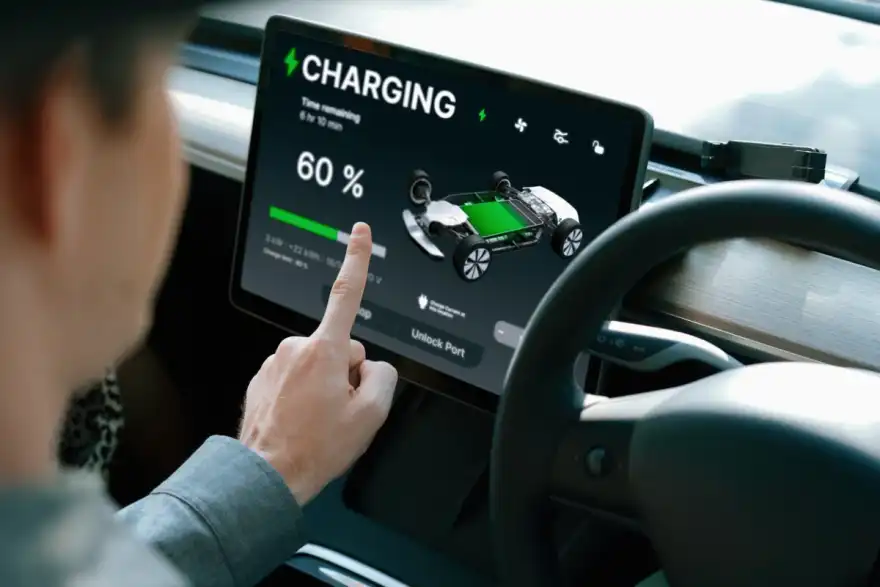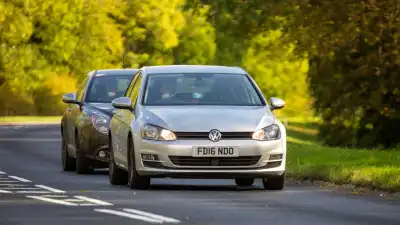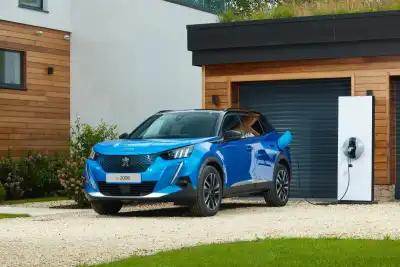
A new report says drivers are being discouraged from going electric because of persistent myths about range, cost, and charging - despite major improvements in the last few years.
- Range isn’t the issue it once was Seven in ten non-EV drivers still worry about running out of charge, but the average new EV in 2025 can travel almost 300 miles on a single charge. With UK drivers averaging just 19 miles a day, most owners could get by with charging once every two weeks.
- Price concerns remain EVs typically cost £5k–£10k more than petrol equivalents, making price the second-biggest barrier. Labour’s new Electric Car Grant offers discounts of £1,500 to £3,750 on models under £37,000 to help close the gap. In addition, the used EV market is cooling, with prices down over 20% since 2023 and expected to fall another 28% by 2030.
- Charging access and cost Two-thirds of drivers say cheaper charging would persuade them to switch. The challenge is location: while 65% of households have off-street parking for home charging, millions in cities, flats, and terraces rely on public chargers. These are still patchy in availability and can cost up to three times more than a home tariff.
- Infrastructure not keeping pace Public charging growth is slowing. About 10,500 chargers were installed in the first seven months of 2025 - fewer per day than last year. This has fuelled concern that progress towards the government’s Net Zero targets is stalling.
- Momentum is still building Despite the hurdles, EV adoption is rising. More than 276,000 EVs have been registered in 2025 so far, up almost 30% year-on-year. EVs now make up 22% of all new car sales, with fleets driving much of the growth.
Experts agree that busting myths and improving access are critical. As John Lewis of Char.gy put it: “EVs aren’t the future anymore – they’re here now. But the stories we tell about them still hold people back.”




